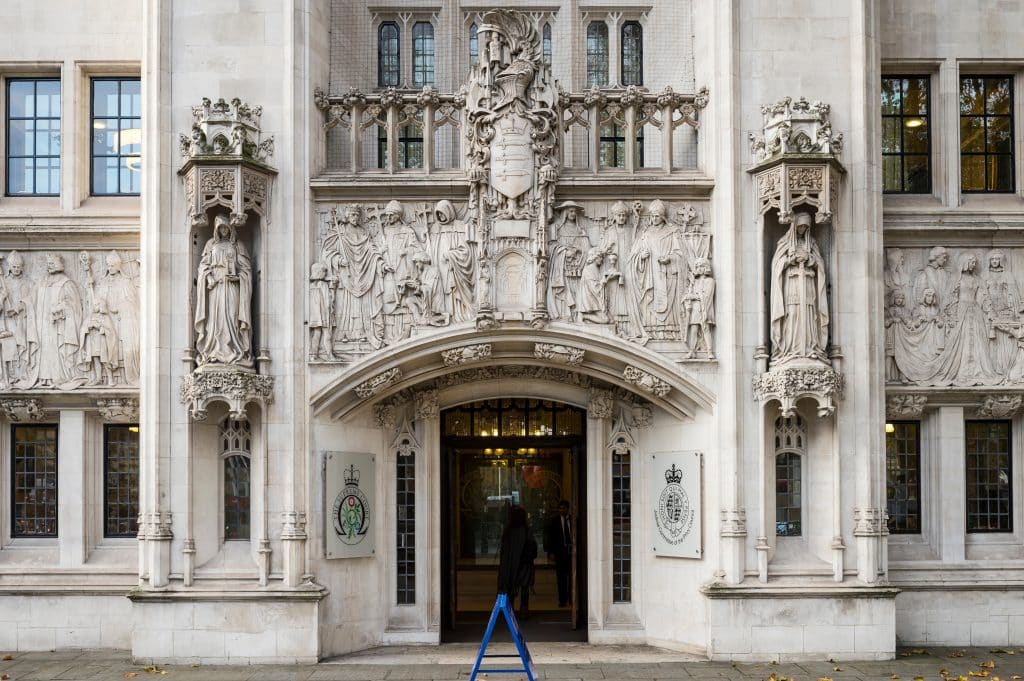The High Court’s decision in Davies v Watts [2024] EWHC 1177 (Ch) provides important guidance for contentious probate practitioners and families dealing with will disputes, demonstrating that medical conditions alone do not automatically invalidate a person’s capacity to make a valid will.
This case offers valuable insights into how courts assess testamentary capacity when the testator has been hospitalised for serious medical conditions, and reinforces the principle that capacity must be assessed at the specific time the will was made.
The Facts of Davies v Watts
The dispute centred on the validity of a will made by a testator who had recently been hospitalised for pneumonia and sepsis – serious medical conditions that can significantly affect a person’s mental state and cognitive function. The claimants argued that these medical conditions meant the testator lacked the mental capacity necessary to make a valid will.
However, the case demonstrates the importance of looking beyond medical diagnoses to examine the actual evidence of the testator’s understanding and decision-making ability at the time the will was executed.
The Court’s Decision
The High Court accepted the will as valid, finding that despite the testator’s recent hospitalisation for pneumonia and sepsis, there was sufficient evidence that he possessed testamentary capacity when the will was made.
Crucially, the court was willing to accept evidence from non-medical witnesses about the testator’s capacity. This included testimony from family members, friends, and professionals who had interacted with the testator around the time the will was made, who could speak to his understanding and decision-making ability.
Key Legal Principles
Davies v Watts reinforces several important principles in testamentary capacity law:
Medical Conditions Are Not Determinative
The presence of serious medical conditions, even those affecting the brain or requiring hospitalisation, does not automatically mean a person lacks testamentary capacity. The court must examine the evidence of actual understanding and decision-making ability.
Timing Is Critical
Capacity must be assessed at the specific time the will was made, not at other times when the testator may have been unwell. A person may have lucid intervals even during periods of illness.
Non-Medical Evidence Can Be Crucial
While medical evidence is important, the court will also consider testimony from lay witnesses who observed the testator’s behaviour, understanding, and decision-making around the time of will-making.
The Banks v Goodfellow Test Remains Supreme
The case reinforces that the four-limb test from Banks v Goodfellow [1870] continues to be the definitive test for testamentary capacity, requiring the testator to:
- Understand the nature and effect of making a will
- Comprehend the extent of their property
- Appreciate the claims of potential beneficiaries
- Be free from delusions that would influence their dispositions
Practical Implications for Families and Legal Practitioners
The Davies v Watts decision has several important practical implications:
For Will Makers and Their Families
The case provides reassurance that temporary illness or hospitalisation does not necessarily prevent someone from making a valid will. However, it also emphasises the importance of proper documentation and witness evidence if capacity might later be questioned.
For Medical Professionals
Healthcare providers should be aware that their observations about a patient’s understanding and decision-making ability may be relevant in later capacity disputes, even if they are not specifically asked to assess testamentary capacity.
For Legal Practitioners
Solicitors drafting wills for clients who have been recently unwell should carefully document their interactions and observations. The “golden rule” of obtaining medical evidence may be advisable, but is not always essential if there is other strong evidence of capacity.
Comparing Davies v Watts with Other Recent Cases
Davies v Watts can be usefully compared with other recent testamentary capacity decisions:
Unlike Leonard v Leonard [2024] EWHC 321 (Ch), where the court found a lack of capacity due to dementia affecting the testator’s understanding of complex will provisions, Davies v Watts shows that acute medical conditions do not automatically invalidate capacity if the testator demonstrates sufficient understanding.
The decision also contrasts with cases where medical conditions have been found to affect capacity, demonstrating that each case must be decided on its own specific facts and evidence.
When to Seek Legal Advice
If you are concerned about the validity of a will where the testator was unwell at the time it was made, or if you are involved in estate administration where capacity is questioned, it is essential to seek specialist legal advice promptly.
Consider seeking legal advice if:
- The testator was hospitalised or seriously unwell around the time of will-making
- There are concerns about the testator’s understanding or decision-making
- The will makes unusual or unexpected provisions
- Family members are questioning the testator’s capacity
- Medical records suggest cognitive impairment
Conclusion
Davies v Watts provides important reassurance that serious medical conditions do not automatically invalidate testamentary capacity. The case emphasises the importance of examining all available evidence about the testator’s actual understanding and decision-making ability at the time the will was made.
For families dealing with concerns about will validity, the case demonstrates that each situation must be carefully assessed on its own merits, taking into account both medical and lay evidence.
If you have concerns about the validity of a will involving questions of testamentary capacity, our specialist contentious probate team can provide expert guidance. We offer free initial consultations to assess your situation and explain your options. Call us on 0161 515 7329 or visit https://www.fiftysixlaw.co.uk/contact/ to leave your details and arrange a consultation.




